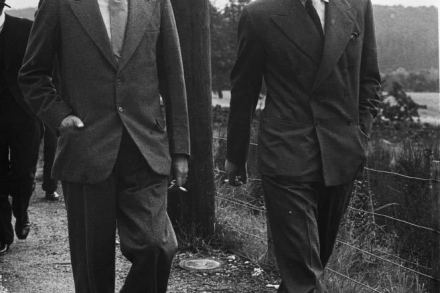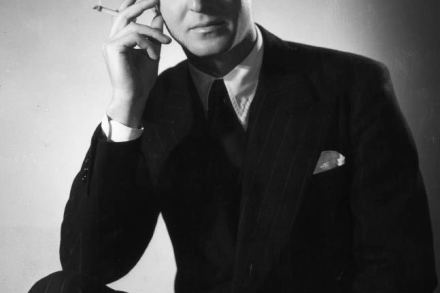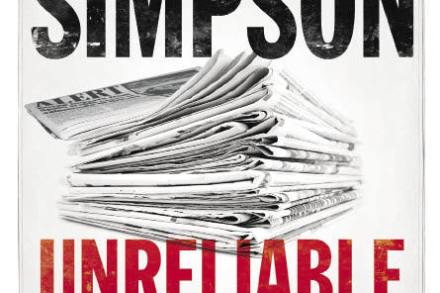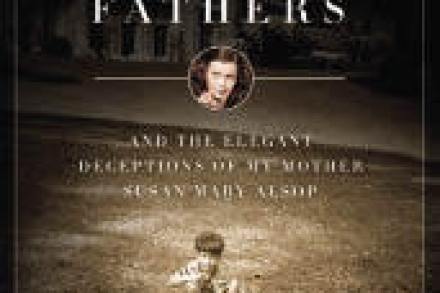Neither Greek nor German
Prince Philip’s childhood was such that he had every right to be emotionally repressed and psychologically disturbed. Prince Philip’s childhood was such that he had every right to be emotionally repressed and psychologically disturbed. Born sixth in line to the Greek throne, at the age of 18 months he was hounded from what, in name








